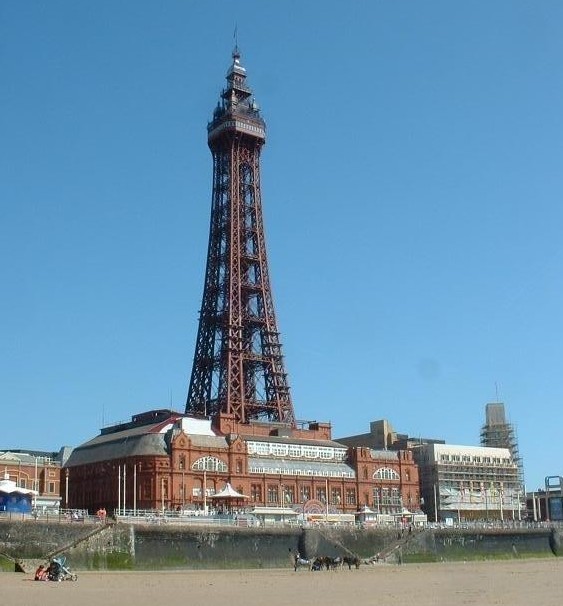Course:HIST317/Leisure, Productivity and the Working Classes
The growth of industrialisation and mechanisation at the workplace ushered in a whole new era of “work” and how it was viewed by the working classes. Wages began to rise and the greater mechanisation meant that the factory floor was easier to organise and that people did not have to be at work for extended periods of time. Greater amounts of free time combined with rising real wages meant that the working classes had more disposable income than ever, which many of this period chose to spend on holidays. For the working classes, this was something entirely new. Until this period, only the aristocrats and the very upper middle class could travel, not only because they simply did not have to work but also because they were able to afford the expensive means of transportation available at the time (mainly stage coach). The growth of railroads beginning in the early 1840s meant that people could now go further a field in their spare time, giving rise to the creation of the working class seaside resorts, such as Blackpool in Northwest England and Brighton in Southeast England. Excursions to such resorts were encouraged not only because of the wholesome and health-building activities that people engaged themselves with there, but also because it served as a distraction from the drudgery of daily life, and thus allaying any potential proletarian uprising. Much to Karl Marx’s probable dismay, the proletariat was distracted and the “holiday to Blackpool” has become so ingrained in the psyche of the working classes that it remains a popular vacation amongst the working classes only now being threatened by the advent of low-cost airlines.
Greater mechanisation, productivity and economic growth lead to a rise in real wages, changing the nature of work itself to a means to and en rather than the means itself. According to Jose Harris it became common for people, even sweated labourers, to work for the sole purpose of financing leisure pursuits such as trips to the seaside or the procurement of material comforts. By the Edwardian period, people worked less and became more involved in leisure activities, such as the company band or football club. Many companies lamented the fact that people cared more about leisure than work, but the fact remained that workers who pursued leisure were more productive than their more puritanical counterparts. Though productivity relative to up-and-coming European industrial powers was falling, British productivity remained high with firms employing “leisured” employees attaining record profits by the outbreak of the First World War. It is interesting to note that this obsession that workers are not productive enough compared with previous generations is not solely restricted to the early 21st century and it would be safe to say that this lament is recurring through generations.
